BDZ at a Crossroads: What Lies Ahead for Bulgaria’s Railways?
Bulgarian State Railways (BDZ) has long been at the heart of national transport debates. For some, it is a pillar of sovereignty and connectivity; for others, it represents inefficiency and delay. As of 2024–2025, the question of BDZ’s future is more relevant than ever: how far have reforms gone, are concessions on the table, and will the private sector finally be allowed to compete?
A Legacy of Decline
BDZ suffers from multiple chronic issues: outdated rolling stock, unreliable schedules, poor customer service, and a steady loss of public trust. Eurostat data shows that Bulgaria is among the EU countries with the lowest rail share in total passenger transport. Years of underinvestment in infrastructure and management have taken their toll.
Reforms in Motion or Merely on Paper?
The Ministry of Transport has announced a modernization program, including new train tenders, ticketing digitalization, and upgrades to key lines. However, many doubt whether these goals are achievable without external partners and broader financing.
The Private Sector: Threat or Opportunity?
Across Europe, railway liberalization is well underway. In countries like Germany, Italy, and Austria, private operators coexist with state-owned companies. In Bulgaria, interest from private firms is growing — ranging from line concessions to freight transport and public-private partnerships for station upgrades.
Concessions: Hope or Hazard?
Concession models are complex. They require strong regulation, guarantees of public access, and mechanisms to ensure quality and safety. Without transparency and political will, there is a risk of privatization without public benefit.
The EU’s Role as a Catalyst
The European Union supports transformation through the Recovery and Resilience Facility and the “Transport Connectivity” Operational Program. The message is clear: promote sustainability, market efficiency, and reduced emissions. BDZ must adapt or risk being left behind in Europe’s rail renaissance.
A Hybrid Model?
The most realistic scenario is a mixed approach: BDZ retains core national routes while allowing private operators to compete in other segments. This could improve quality, attract investment, and offer passengers better service at competitive prices.
Conclusion
The future of BDZ depends not only on government reforms, but also on transparency, strategic partnerships, and bold long-term decisions. Bulgaria has a chance to transform its railways from a stagnant legacy into a model of sustainable development — but only if it embraces change now.
You may also like
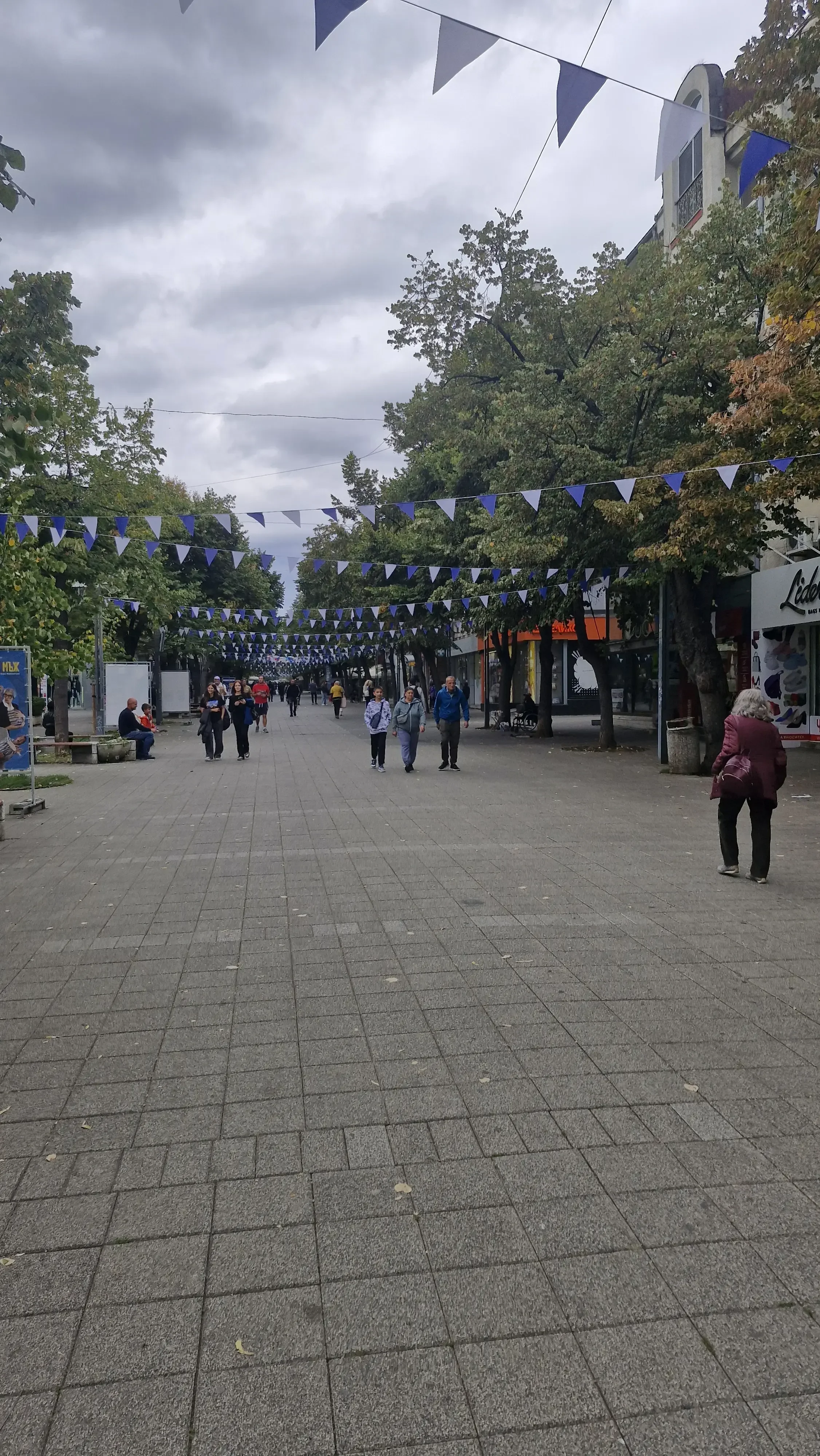 Industrial zones and logistics: can concrete beat the demographic decline in Bulgaria?
Industrial zones and logistics: can concrete beat the demographic decline in Bulgaria?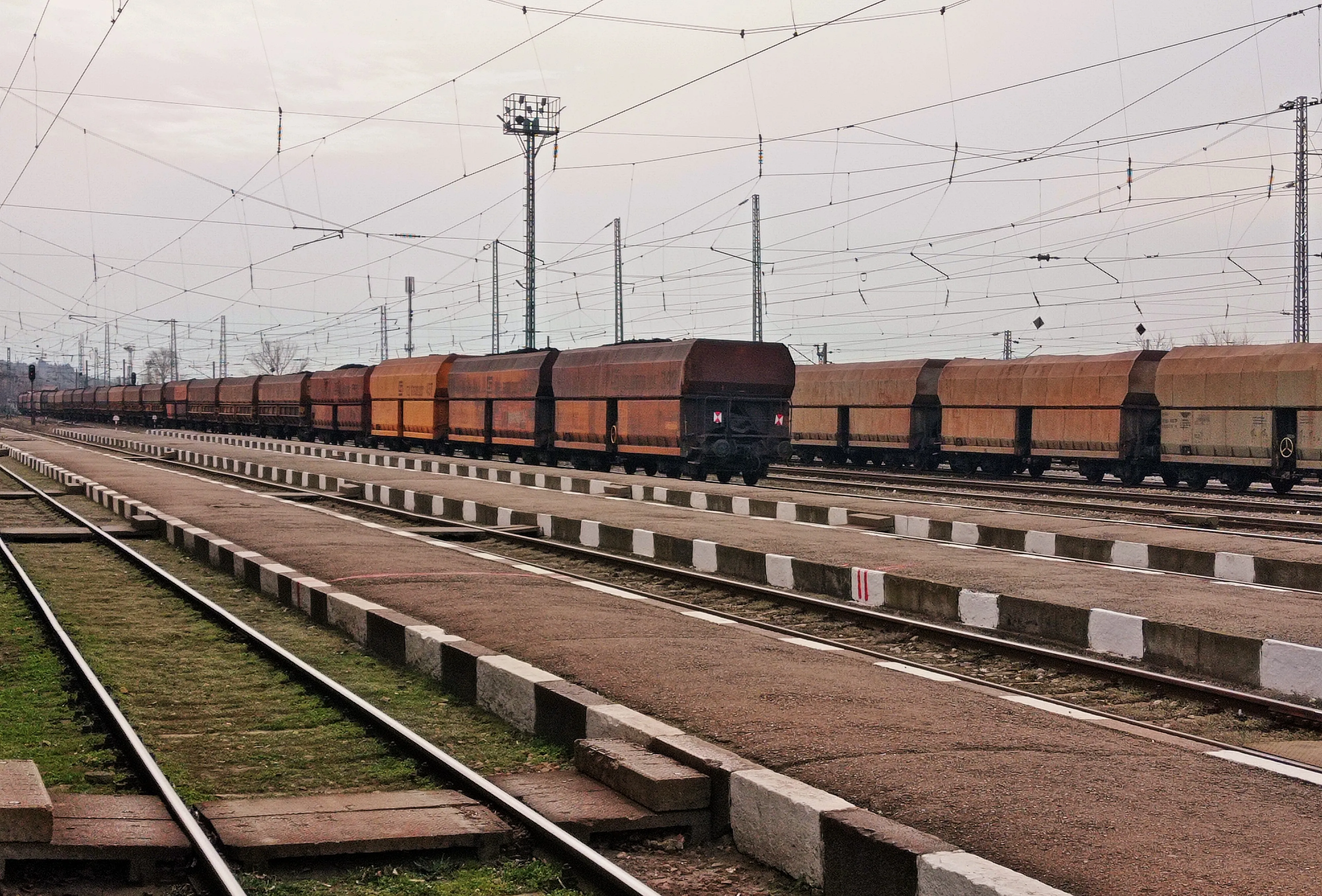 New Stage for BDZ: Private Operators Take Over Passenger Transport
New Stage for BDZ: Private Operators Take Over Passenger Transport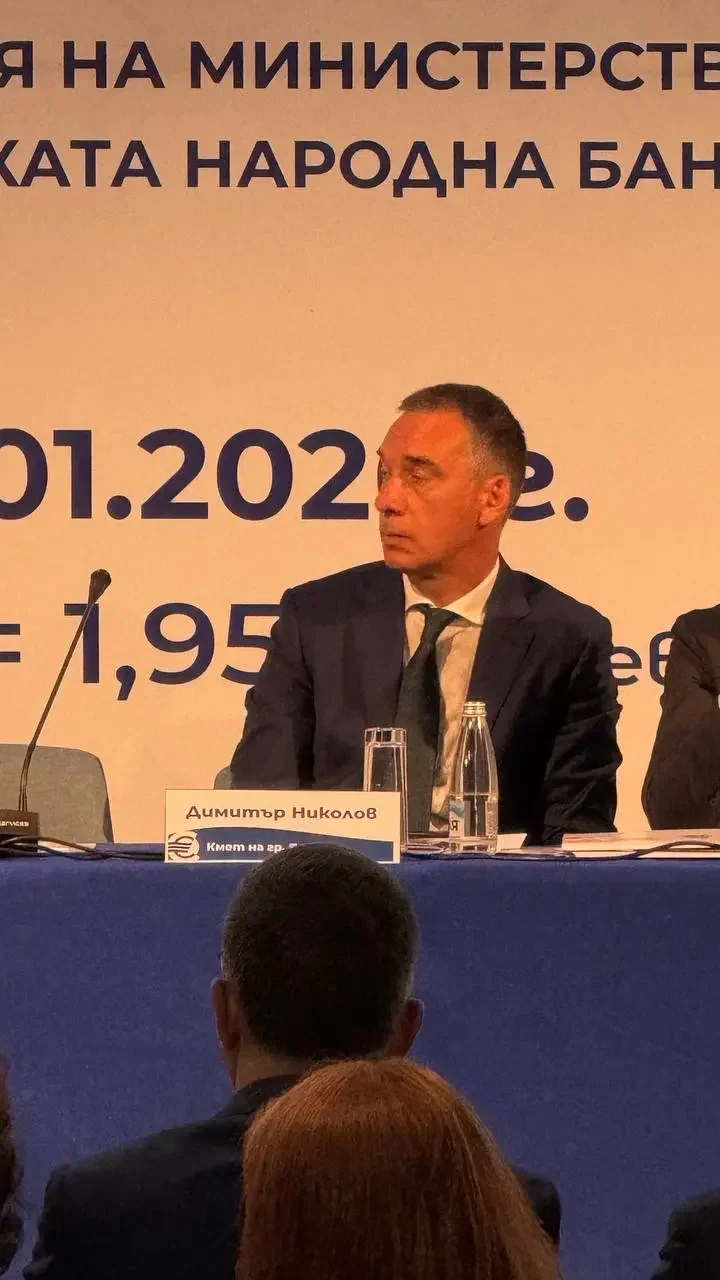 Burgas Municipality Applies for Funding for a Youth Center: Focusing on Personal Development and Civic Engagement
Burgas Municipality Applies for Funding for a Youth Center: Focusing on Personal Development and Civic Engagement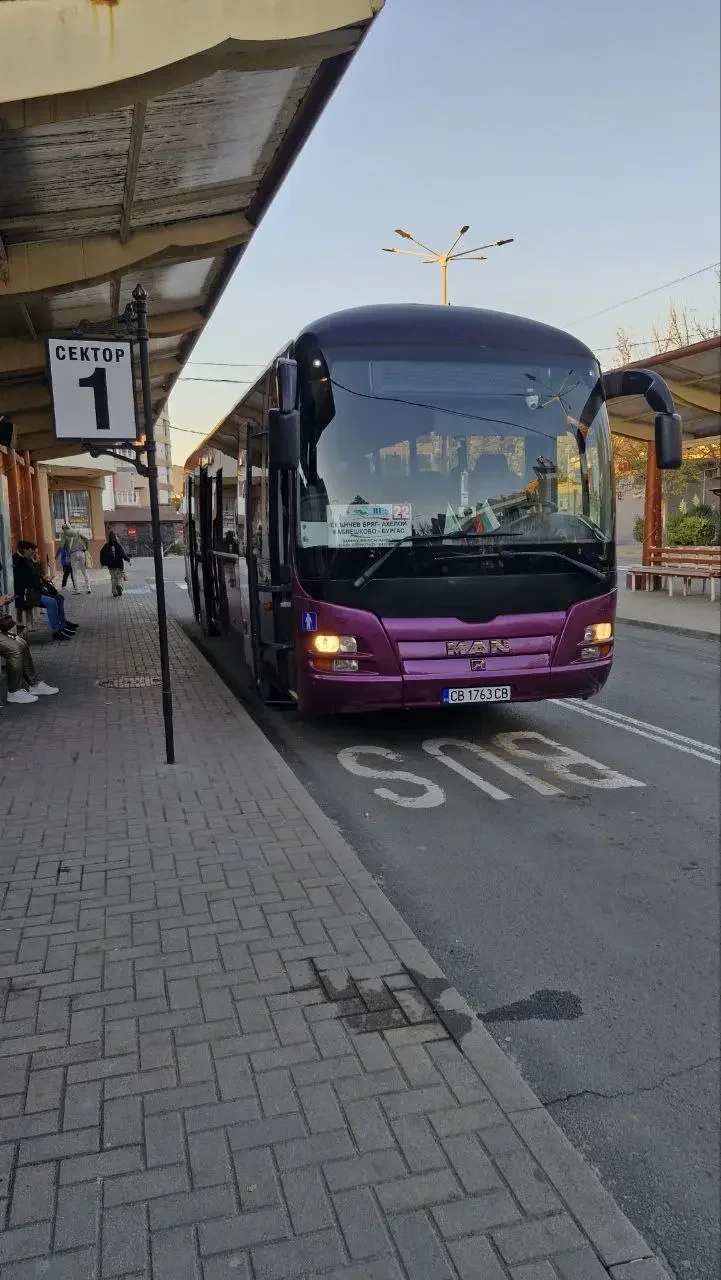 Government Makes Key Decisions on Transport Reforms Linked to the RRP
Government Makes Key Decisions on Transport Reforms Linked to the RRP
Disclaimer:
This article is an analytical review by the BurgasMedia editorial board and reflects the opinion of an expert group based on current political, economic, and social developments.
The conclusions presented are not predictions or factual statements, but a hypothetical interpretation of possible scenarios.
The publication is not responsible for any discrepancies with future developments and encourages readers to form independent judgments based on verified sources.

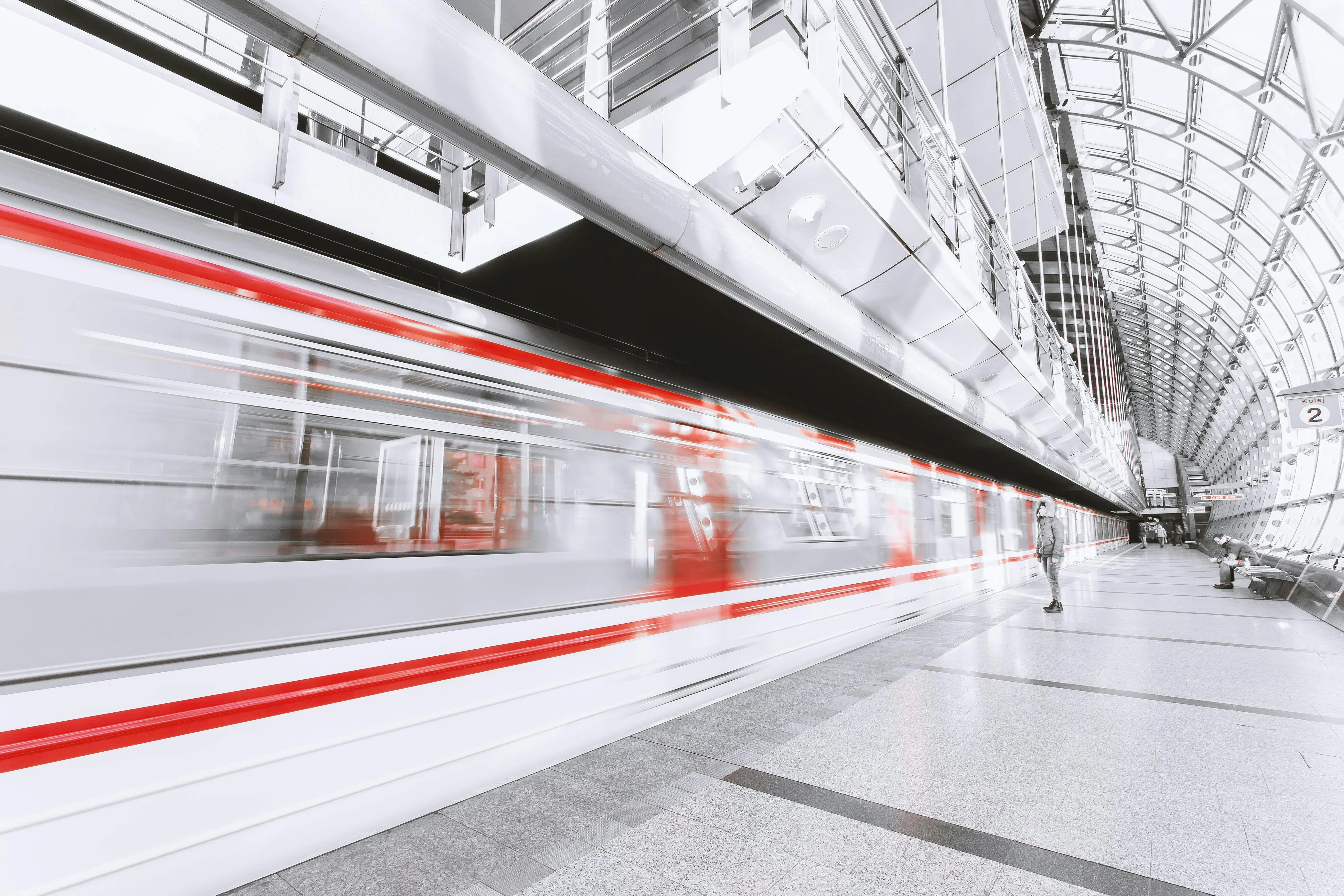
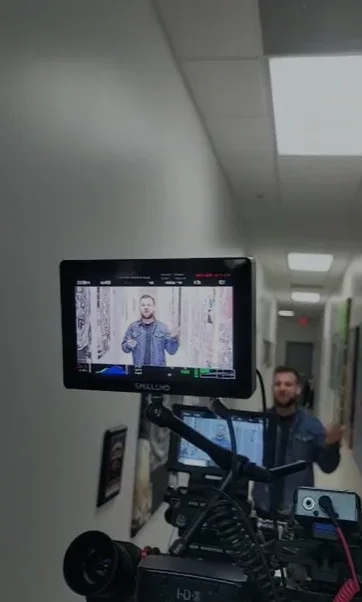
Коментари (0)
Все още няма коментари.